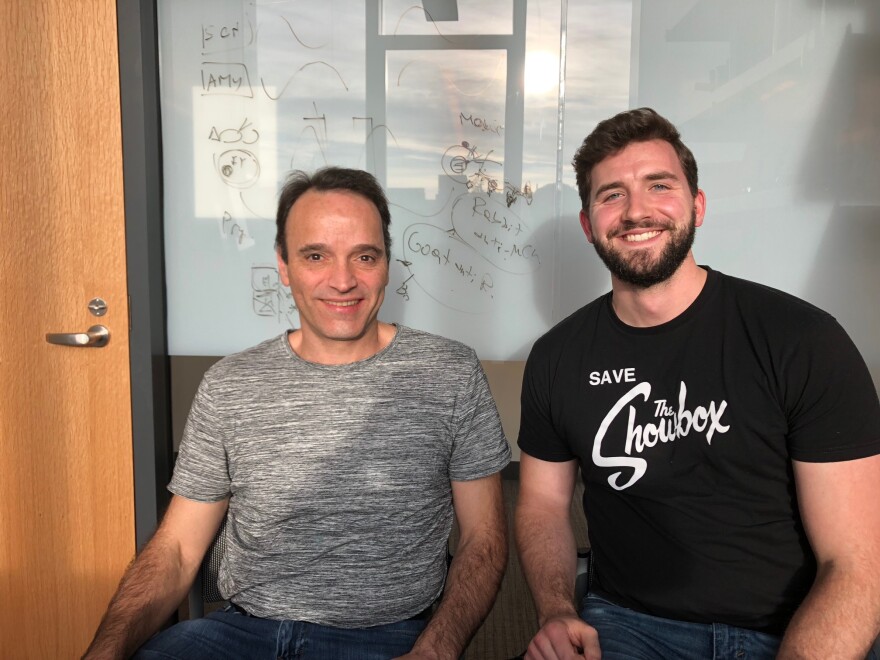A growing body of research shows that teenagers benefit when they're allowed to sleep later.
The latest study, from the University of Washington and the Salk Institute for Biological Studies, found that students at Roosevelt and Franklin high schools in Seattle got more sleep and better grades after the school district moved the high school start time almost an hour later.
The Seattle school district made the change in the 2016-17 school year, in response to research that shows adolescents undergo a physical shift in their sleep habits. This school year, Highline Public Schools also shifted the start time for high schools to half an hour later, to accommodate teens’ biological clocks.
“This is a biological phenomenon,” said Horacio de la Iglesia, a professor of biology at UW and one of the authors of the study. “There’s not much they can do about it. You can tell them as much as you want to go to bed at 10 p.m., but they won’t fall asleep until midnight at least.”
De la Iglesia, UW biology doctoral candidate Gideon Dunster and the rest of the research team asked teens to wear wrist monitors to track activity levels. They calculated how long students slept – a method they said is more accurate than sleep diaries, which are commonly used for sleep research. The researchers found the teens gained about 34 minutes of sleep per night. Dunster recalled crunching the data and going into de la Iglesia’s office to tell him the results.

“I remember seeing one analysis come out and seeing a significance and being really excited and then seeing another one and another one and another one,” Dunster said. “My excitement grew and grew and it was great to go to his office, because he’s got an open-door policy, and say, 'I think we’ve got something here.’”
Not only did the teens gain sleep, their grades improved 4.5 percent. De la Iglesia said they can't conclude more sleep caused students to get better grades.
“But we know there’s tons of literature showing that sleeping better leads to better learning and better performance,” he said.
The study appeared in the journal Science Advances.







